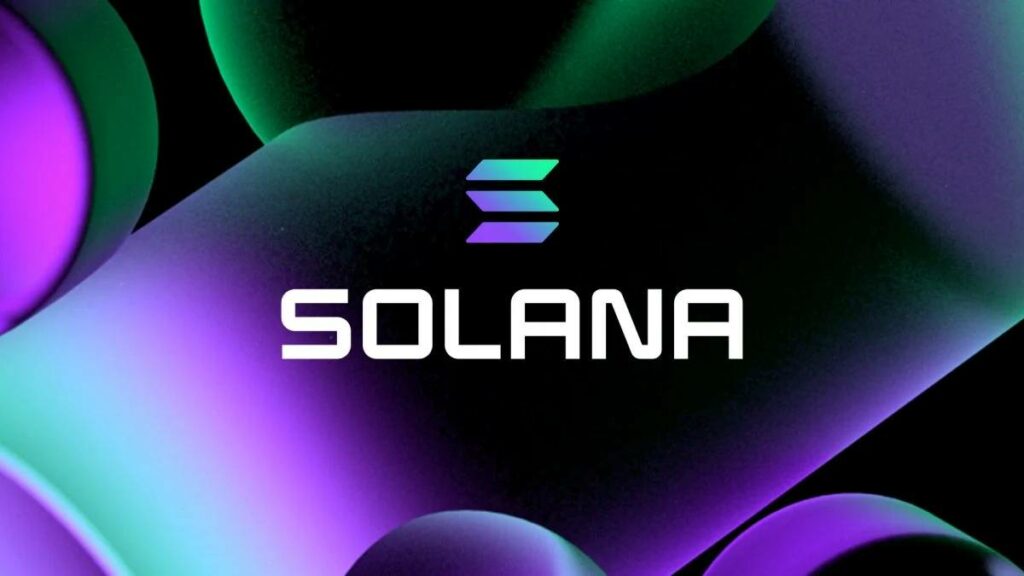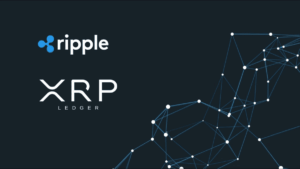TL;DR
- Solana Foundation penalized validators accused of carrying out sandwiching attacks.
- Sandwiching attacks are a malicious form of maximum extraction of value (MEV) attack that harms retail users.
- SOL is not natively vulnerable to these sandwiching attacks due to the absence of a mempool in its client, some validators have implemented modifications to allow them.
Solana Foundation has cracked down on validators accused of engaging in sandwiching attacks on the Solana network.
These attacks, a way to take advantage of retail users by ensuring they receive unfavorable prices while extracting profits for themselves, have been a point of concern in the cryptocurrency ecosystem.
Although Solana is not natively vulnerable to sandwiching attacks due to the absence of a mempool in its client, some validators have implemented modifications to enable them.
This has led to the detection and penalization of these operators by the Solana Foundation.
Importantly, the Solana Foundation delegates SOL to validators to support their operations.
However, in response to abuse of the system, the foundation has stopped delegating validators involved in sandwiching attacks to prevent continued exploitation of retail users.
Although this action does not prevent operators from carrying out actions on the network, it means that they will not receive financial support from the foundation.
This move by the Solana Foundation reflects its commitment to protecting retail users from online exploitation.
Despite this, Helius Mert notes that other forms of MEV still exist on Solana, highlighting the ongoing challenges facing decentralized networks.
I'm sure a lot of super honest people who have a perfect understanding of MEV on Solana and the Foundation Delegation program will try to misrepresent reality to feel better about their bags
For those genuinely curious, I'll summarize:
– a sandwich attack is a malicious form of… pic.twitter.com/KhfGBgGuyT
— mert | helius | hSOL (@0xMert_) June 10, 2024
A future of greater protection in Solana
Mert also suggests that in the future, staking pools may adopt similar practices to prevent exploitation, indicating a possible change in the way these pools operate.
Additionally, he criticizes certain RPC providers for making the problem worse by flooding the network with unnecessary traffic, highlighting the need for responsible network management practices.
This proactive approach by the SOL Foundation could serve as a model for other blockchain platforms facing similar challenges in protecting their users from exploitation and abuse on the network.
With the continued evolution of the blockchain ecosystem, it is crucial that communities and foundations take effective measures to ensure the security and integrity of their networks.











